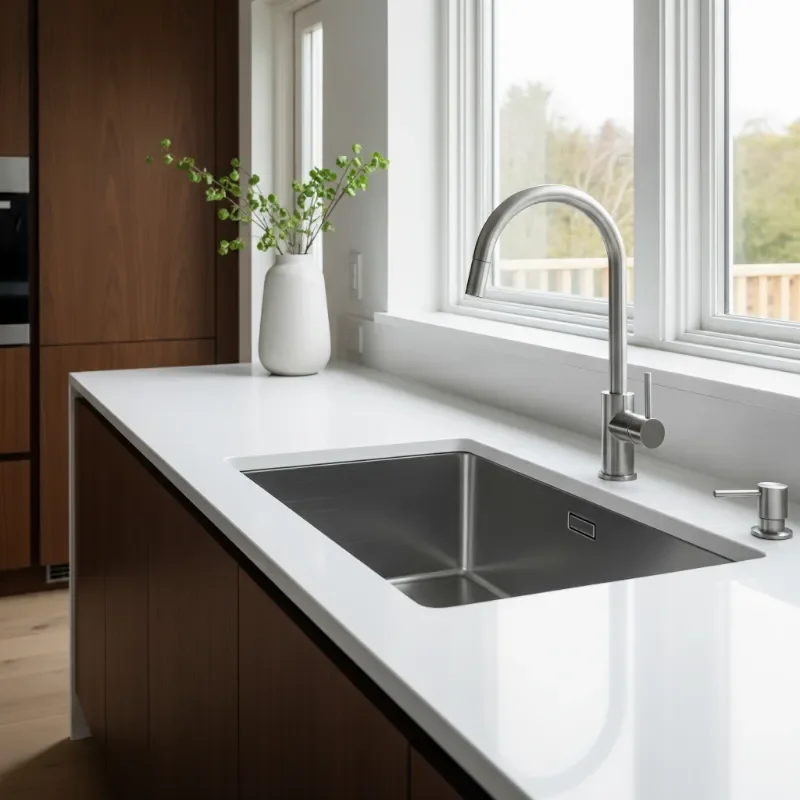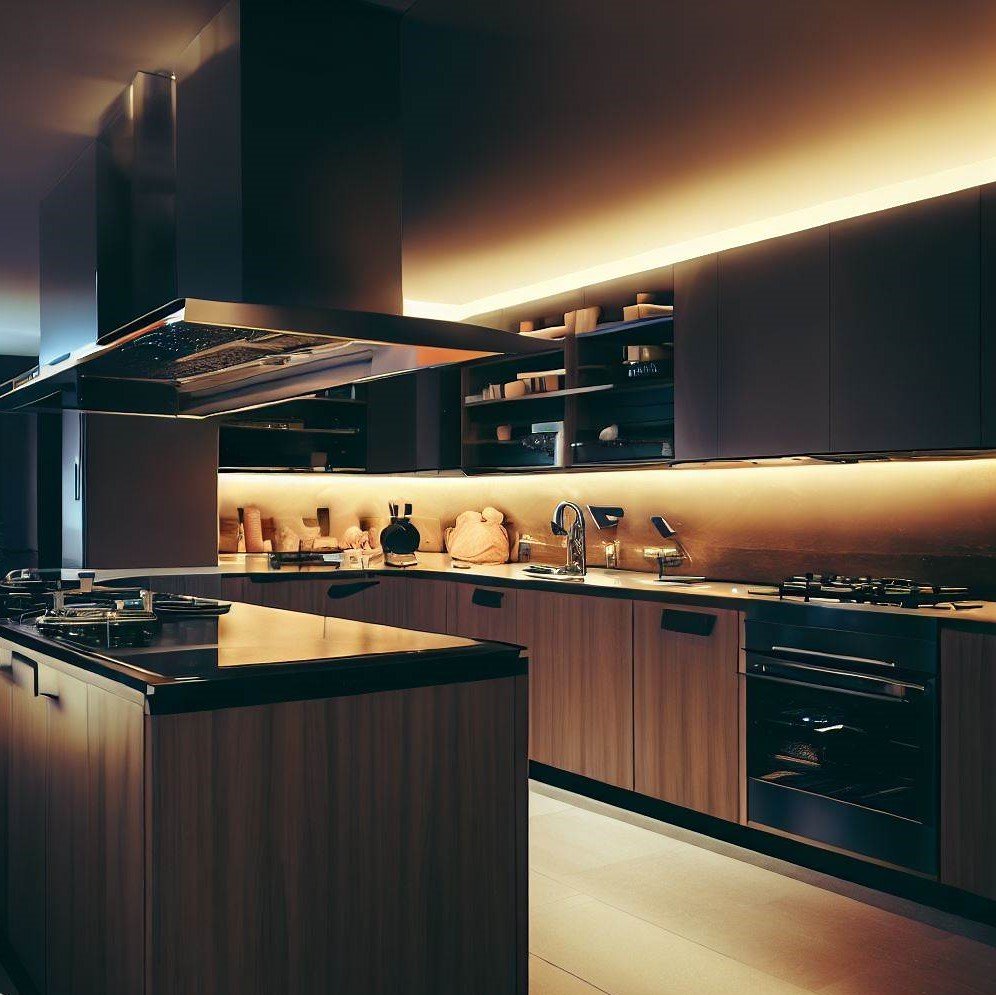8 Common Kitchen Remodeling Mistakes in Atlanta (and How to Avoid Them)
Avoid the most common kitchen remodeling mistakes in Atlanta. Learn how to plan your layout, budget wisely, and create a functional, beautiful kitchen.
A kitchen remodel is one of the most exciting—and most complicated—projects a homeowner can take on. The truth is, many kitchen renovations go over budget, take longer than expected, or fail to deliver the functionality homeowners were hoping for.
The good news? Most of these issues can be avoided with careful planning and an understanding of the most common mistakes. Below, we break down the pitfalls we see most often during kitchen remodeling projects, along with practical tips to keep your renovation on track.
1. Poor Kitchen Layout Planning
A beautiful kitchen isn’t truly functional unless the layout works. One of the biggest mistakes homeowners make is ignoring the work triangle—the natural flow between the refrigerator, sink, and stove. If these zones are too far apart, too close, or blocked by an island, everyday cooking becomes frustrating.
In Atlanta, many homes feature L-shaped, U-shaped, or galley kitchens, and islands are a popular choice. The key is ensuring that your island enhances the flow rather than interrupts it. Always test your design for ease of movement before committing to cabinetry placement.
2. Inadequate Lighting
Kitchens require more than just overhead lighting. Relying on a single fixture can leave prep areas dim. Instead, aim for layered lighting:
Ambient lighting for general brightness
Task lighting under cabinets or above islands
Accent lighting to highlight design features
In Atlanta’s sunny climate, natural light can do some of the heavy lifting—but it must be paired with well-placed fixtures and accessible outlets.
3. Choosing the Wrong Materials
Trendy materials may look great in a showroom but quickly lose their appeal — or durability — once installed in the kitchen. For example, porous countertops or delicate finishes can be hard to maintain in a busy household.
When selecting materials, prioritize longevity, ease of cleaning, and climate-resilience. Atlanta’s humidity can affect certain wood finishes, so consider engineered options or sealed materials that hold up better over time.
4. Not Enough Storage
Storage is one area where homeowners often cut corners, only to regret it later. Standard cabinets may not be enough, especially in open-concept kitchens where clutter is more visible.
Smart solutions include:
Ceiling-height cabinets
Pull-out shelves and lazy Susans for corner spaces
Drawer organizers and built-in dividers
The more thoughtfully you design your storage, the cleaner and more functional your kitchen will feel.
5. Overlooking Electrical and Plumbing Needs
Another common issue is failing to plan for utility access. Adding an island with a sink or moving a stove often requires rerouting plumbing, gas, or electrical lines — tasks that are best addressed early in the design stage.
Without proper planning, you risk costly mid-project changes and inconvenient outlet placement.
6. Ignoring Ergonomics
A kitchen should work comfortably for everyone who uses it. Countertops that are too high or too low can strain your back. Appliances placed awkwardly—like a microwave above a tall oven or a dishwasher in a tight corner—make daily tasks harder than they should be.
Before finalizing your design, test countertop heights, door clearances, and appliance placement to make sure the space feels natural and efficient.
7. Buying Appliances for Looks, Not Needs
That oversized refrigerator may look amazing, but does it fit your kitchen layout—or your lifestyle? Many people buy appliances based on aesthetics, only to realize they’re impractical or impossible to service locally.
When choosing appliances, consider:
Your cooking habits
The size of your family
Service availability in the Atlanta area
Energy efficiency for long-term savings
8. Unrealistic Timelines and Budgets
Remodeling rarely goes 100% according to plan. Unexpected delays—such as supply chain issues or hidden structural problems—are common. Likewise, costs often exceed initial estimates.
To avoid frustration, build a contingency plan: add at least 10–15% to your budget and expect minor delays. Preparing for these possibilities will make the process much less stressful.
Pro Tips for Atlanta Homeowners
Account for the climate - humidity, heat, and occasional severe weather can influence material choices.
Think about resale - popular features like islands, quartz countertops, and ample storage increase long-term home value.
Hire local experts
Kitchen Remodel FAQ
How much does a mid-range kitchen remodel?
On average, mid-range remodels run between $40,000 to $70,000, though luxury upgrades can exceed six figures.
How long does a kitchen remodel take?
Most projects take 8 to 12 weeks, depending on scope and material availability.
Final Thoughts
A kitchen remodel in Atlanta can transform how you live in your home—but only if it’s planned with care. By avoiding the mistakes outlined above and partnering with experienced local contractors, you can create a space that’s both beautiful and functional.
Whether you’re updating a condo or a suburban family home, the right approach will make your kitchen a joy to cook, gather, and live in for years to come.








